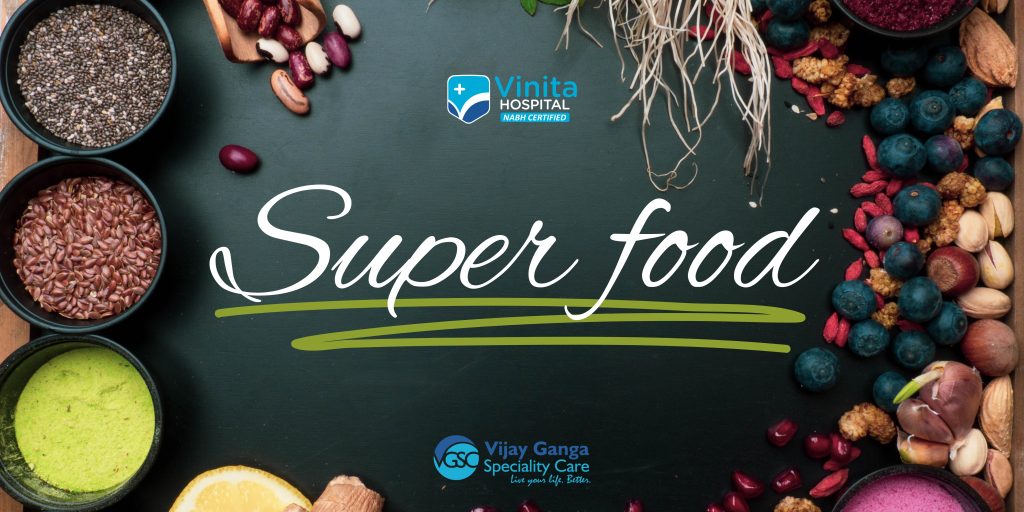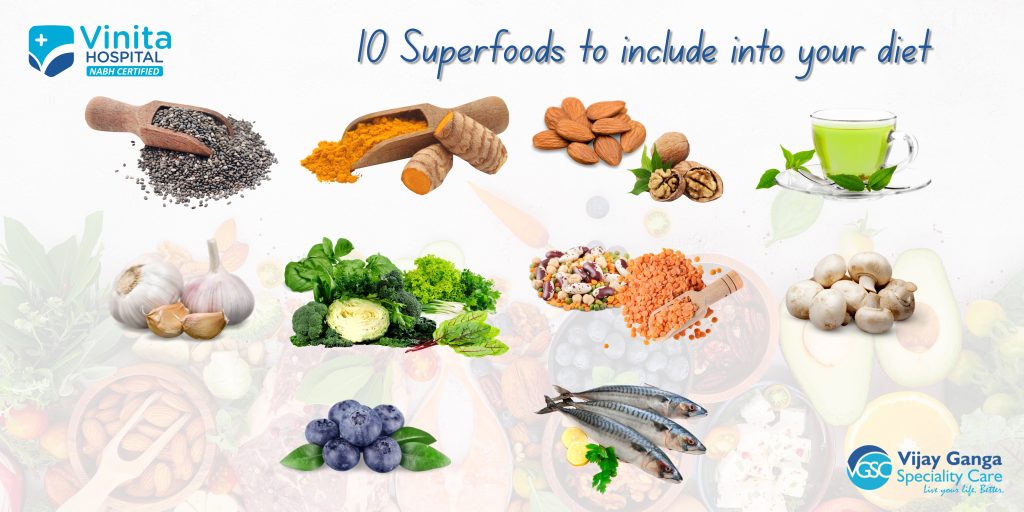
Superfoods for Everyday Health: What Science Says
Superfoods have become a buzzword in modern nutrition, promising enhanced health, disease prevention, and even longevity. But what exactly are superfoods, and what does science say about their real benefits? Here’s a comprehensive look.
What Are Superfoods?
From a nutrition science perspective, there’s no official definition or special category for superfoods. The term was actually created as a marketing tool to promote certain foods and influence consumer trends. While many nutrient-rich foods do offer important health benefits, it’s important to remember that no single food can guarantee good health or prevent disease. True wellness comes from balanced eating patterns, not from relying on so-called “miracle” foods.
That said, the term superfood has become a popular way to describe certain natural foods that are minimally processed, and especially high in beneficial nutrients like vitamins, minerals, antioxidants and healthy fats. While the label may be more marketing than science, many of these foods do offer valuable health-promoting properties when included as part of a well-rounded diet.
The Science Behind “Superfoods”
Over the years, research has shown that healthy dietary patterns can reduce risk of high blood pressure, heart disease, diabetes, and certain cancers. Dietary patterns such as the DASH (Dietary Approaches to Stop Hypertension) diet and the Mediterranean diet, which are mostly plant-based, have demonstrated significant health benefits and reduction of chronic disease.
However, there are a few foods that can be singled out for special recognition. These “superfoods” offer some very important nutrients that can power-pack your meals and snacks, and further enhance a healthy eating pattern.
- Antioxidant Power: Many superfoods are loaded with antioxidants, which help neutralize free radicals and reduce inflammation. This can lower the risk of chronic diseases like heart disease, diabetes, and cancer.
- Essential Nutrients: Superfoods are dense in vitamins (A, C, E, K), minerals (iron, magnesium, potassium), fiber, and healthy fats, supporting immune function, brain health, and overall well-being.
- Disease Prevention: Regular consumption of superfoods has been linked to improved heart health, better digestion, and a reduced risk of metabolic disorders.

10 Superfoods to include into your diet
| Superfood | Key Benefits |
| Chia Seeds | Rich in omega-3 fatty acids, fiber, protein |
| Turmeric | Anti-inflammatory, antioxidant |
| Almonds, Walnuts | Healthy fats, fiber, plant protein |
| Green Tea | Antioxidants, Anti-inflammatory |
| Garlic | Vitamin C, vitamin B6, Selenium, Fiber |
| Green Leafy Vegetables | Folate, iron, magnesium, fiber |
| Lentils | Plant protein, iron, fiber |
| Mushrooms | Immune support, vitamin D |
| Blueberries | Antioxidants, vitamin C, fiber |
| Fish | Omega-3 fatty acids, protein |
Easy Ways to Add Nutrient-Rich Foods to Your Daily Diet
Superfoods aren’t just exotic imports—many are locally available and affordable.
- Top your breakfast with berries like strawberries or seasonal fruits such as amla or pomegranate in your dahi (curd), poha, or oats for a rich antioxidant boost.
- Add leafy greens like palak (spinach), methi (fenugreek), or sarson (mustard greens) to your sabzis, dals, parathas, or even blend them into your morning smoothie.
- Sprinkle chia seeds or sabja (basil) seeds over your fruit chaat, curd, or into a glass of nimbu pani to sip through the day for added fibre and hydration.
- Include green tea or herbal teas like tulsi, ginger for their immunity-boosting and calming effects.
- Snack smart by replacing chips and fried snacks with a handful of soaked and peeled almonds, walnuts, or roasted seeds like sunflower and pumpkin.
- Use dals and legumes like rajma, chana, masoor, or moong in everyday dishes such as khichdi, curries, or sprout salads as protein-packed alternatives to meat.
The Bottom Line: Superfoods Are Part of a Healthy Diet
While no single food holds the key to perfect health, superfoods can play a significant role in supporting well-being when included as part of a varied, balanced diet. Science supports their benefits. Focus on whole, nutrient-dense foods—both global and local—to reap the rewards of everyday superfoods.
Check out Best Multispeciality Hospital in Chennai





